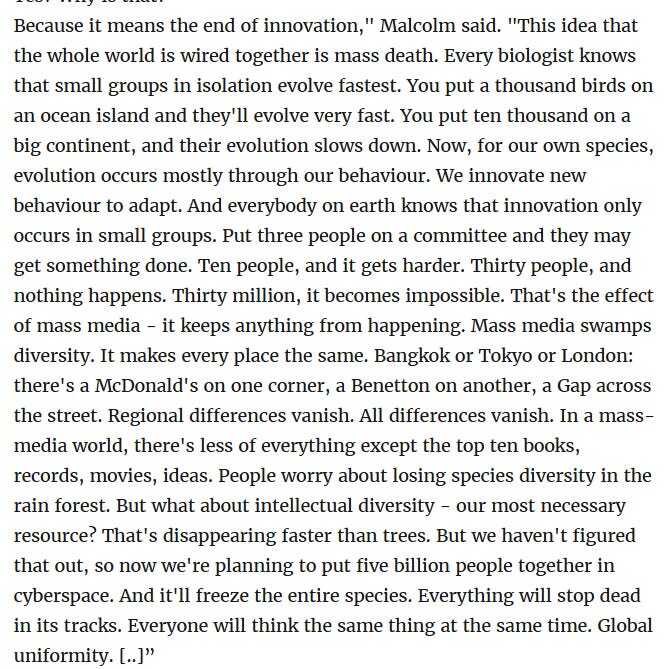this post was submitted on 24 Apr 2025
37 points (91.1% liked)
196
5106 readers
753 users here now
Be sure to follow the rule before you head out.
Rule: You must post before you leave.
Other rules
Behavior rules:
- No bigotry (transphobia, racism, etc…)
- No genocide denial
- No support for authoritarian behaviour (incl. Tankies)
- No namecalling
- Accounts from lemmygrad.ml, threads.net, or hexbear.net are held to higher standards
- Other things seen as cleary bad
Posting rules:
- No AI generated content (DALL-E etc…)
- No advertisements
- No gore / violence
- Mutual aid posts are not allowed
NSFW: NSFW content is permitted but it must be tagged and have content warnings. Anything that doesn't adhere to this will be removed. Content warnings should be added like: [penis], [explicit description of sex]. Non-sexualized breasts of any gender are not considered inappropriate and therefore do not need to be blurred/tagged.
Also, when sharing art (comics etc.) please credit the creators.
If you have any questions, feel free to contact us on our matrix channel or email.
Other 196's:
founded 2 years ago
MODERATORS
you are viewing a single comment's thread
view the rest of the comments
view the rest of the comments

I'm guessing this is Jurassic Park, by Michael Crichton?
Feels like a "so close to the answer" kind of statement that veers wildly wrong because of the false metaphor employed at the beginning.
Low populations are bad for evolution, actually.
And why wouldn't that be true? Larger population means more opportunity for mutation, more chances to evolve. Larger pops are usually more spread out, which means more diverse environments, which means varied pressures for selection, which means more diversity and more evolution.
So the metaphor is misleading and leads to bad conclusions. The internet should, and did, cause a huge burst of innovation as globally isolated people were able to connect and exchange ideas for the first time. Multiple new genres of music, film, writing, and games have been the evolutionary descendents of this early-internet swapping of "memetic material."
If it seems like thats died off now, its because the internet isn't a wild place of free evolution and innovation anymore. Like the natural world, it has been colonized by monied-interests who have monocultured it because thats simpler to understand and control from the top down, which is how the rich on top like it.